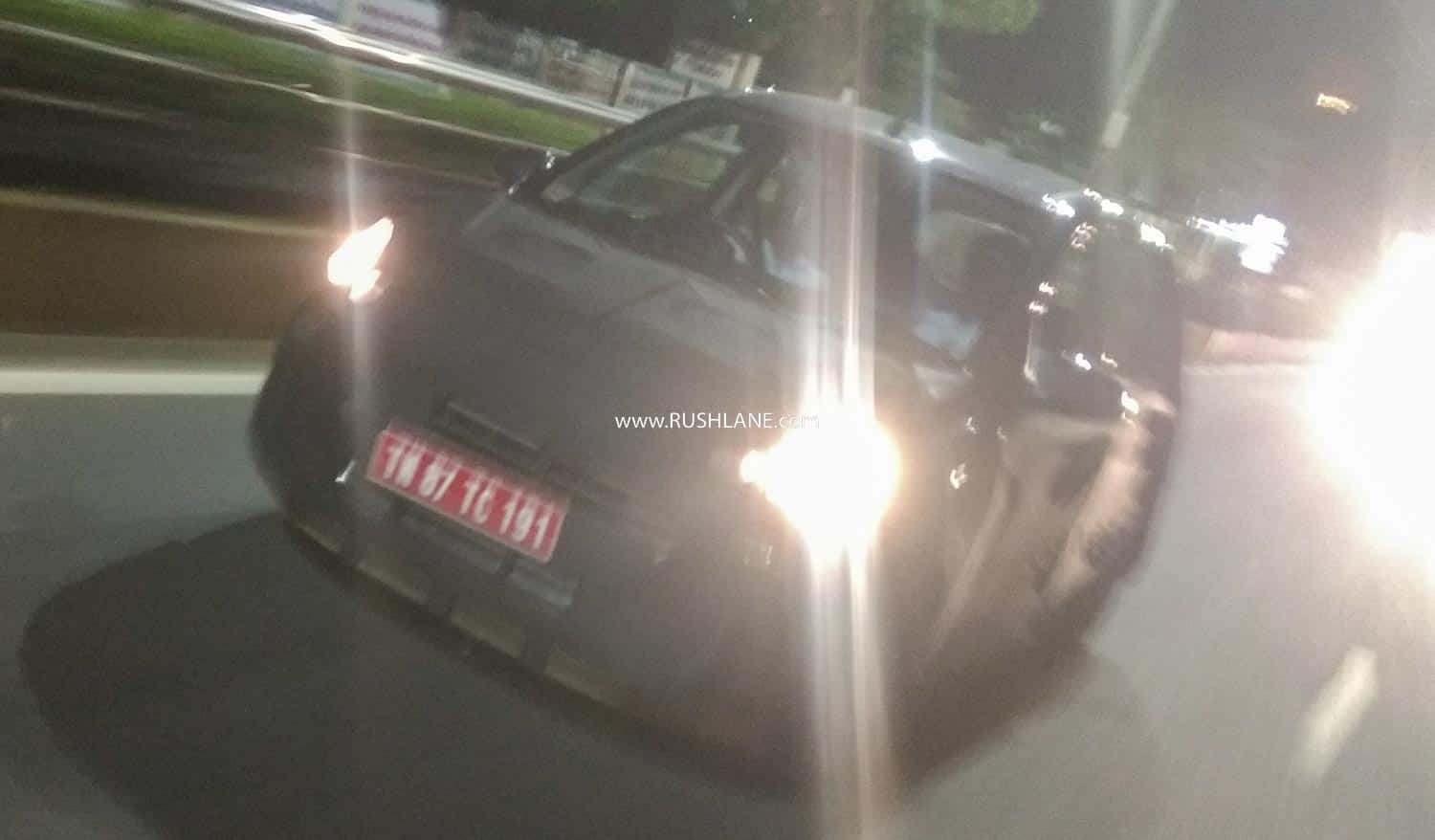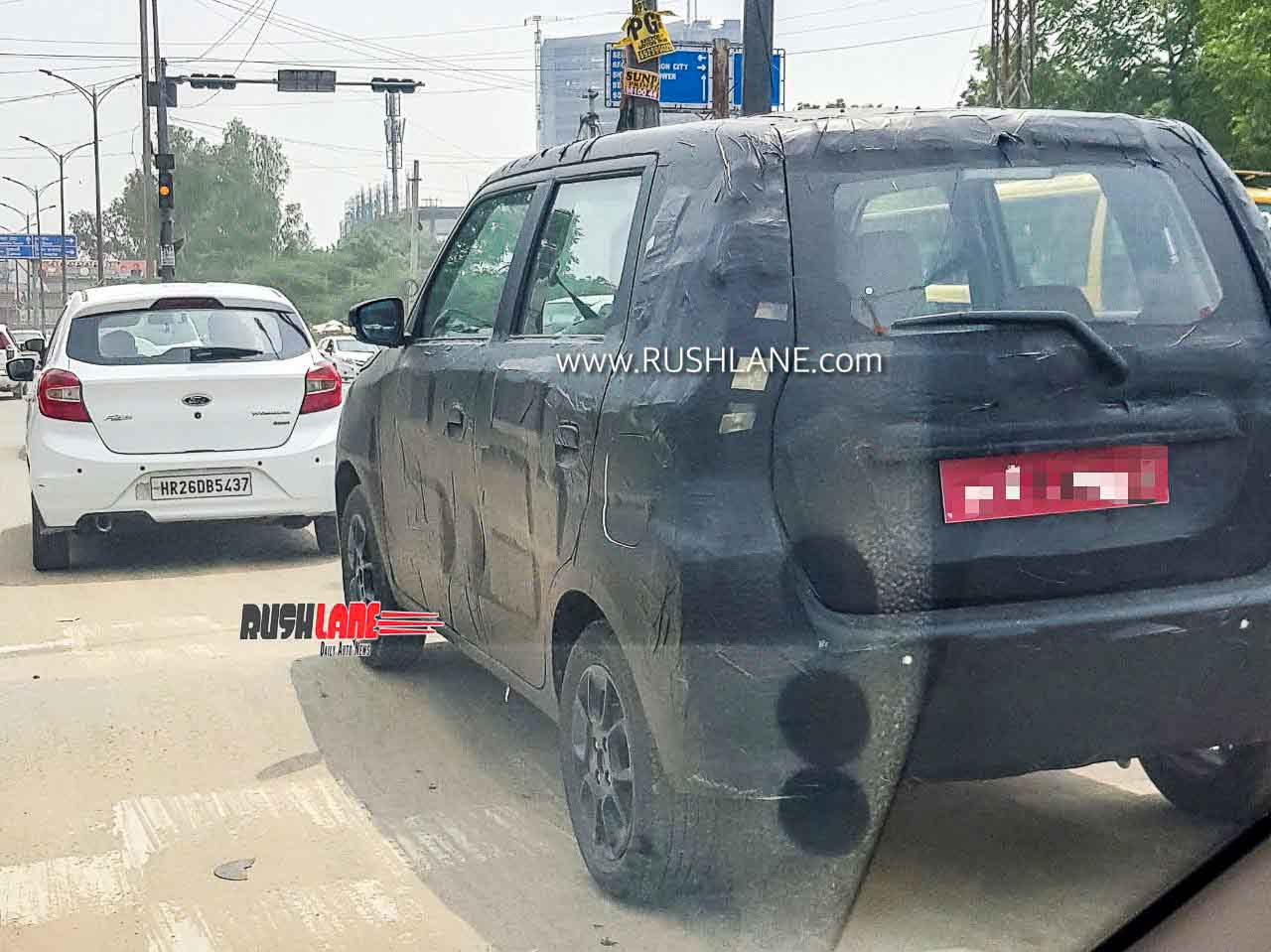
Hyundai Santro Electric could be the budget Hyundai EV in the making. Image for reference.
With the future being electric, more and more car makers are planning to launch budget electric cars in India
Hyundai may be the first automaker to have launched a pure electric SUV (the Kona) in our market but when it comes to electric vehicles in affordable price range, the South Korean automaker has to play catch up. Tata Motors took the first mover’s advantage with the recently launched Nexon EV while Mahindra is not going to be far behind with the eKUV100 which was launched at the recently concluded Auto Expo 2020. Mahindra also has plans to launch the XUV300 electric in the coming months.
Maruti on the other hand, has plans to launch electric variant of the WagonR later this year, or next year. Hyundai being the 2nd largest car maker in India, they too have plans to launch a budget electric car in India. Hyundai’s mass market electric car for India has a launch timeline of 24-36 months and the auto giant is aiming to showcase the case in concept form at the Auto Expo 2022. In order to stick to this timeline, Hyundai India has already started accelerating its localization drive for EVs.


Maruti WagonR electric on test
The Indian government has hiked the duties for CBU and CKD vehicles, making a heavily localized product all the more important to stay competitive in the price sensitive segments. Hyundai is currently in talks with several potential future EV suppliers including LG Chem which may supply lithium-ion battery packs for the upcoming mass market EV.
The company’s local team along with the help of Namyang R&D center has already started studies to finalize the optimal range, price point and other critical parameters of this product. As things stand now, the automaker’s first sub-10 lakh electric vehicle offering is likely to be a compact SUV which will rival the likes of upcoming EVs like Maruti WagonR electric or Mahindra eKUV100 or the Tata HBX EV.
Speaking to Economic Times, SS Kim, managing director, Hyundai Motor India, revealed that the company is looking at multiple partnerships to create a manufacturing ecosystem to ensure that EVs become mainstream and accessible. He also added that the future electric vehicles from Hyundai will have similar level of localization as its existing conventional mass market products. That would mean a local content of more than 90%.
The government is set increase the custom duties in a phased manner to encourage creation of a comprehensive EV manufacturing ecosystem in the country. The current duty on import of CKD electric vehicle stands at 10% but it will be increased to 15% from April. The duty on imported EV batteries are set to be hiked from current 5% to 10% in April 2021.
With almost all OEMs present in the country are rigorously working on embracing electric vehicles sooner than later, it is imperative for the stake holders to source the critical components locally. This could led to a significant paradigm shift in the auto component scene in India. We could be seeing new players make it big and established ones scrambling to adapt to the changing trend.
Source
Get news in your inbox. Signup for the newsletter.
Source: Electric - rushlane.com



